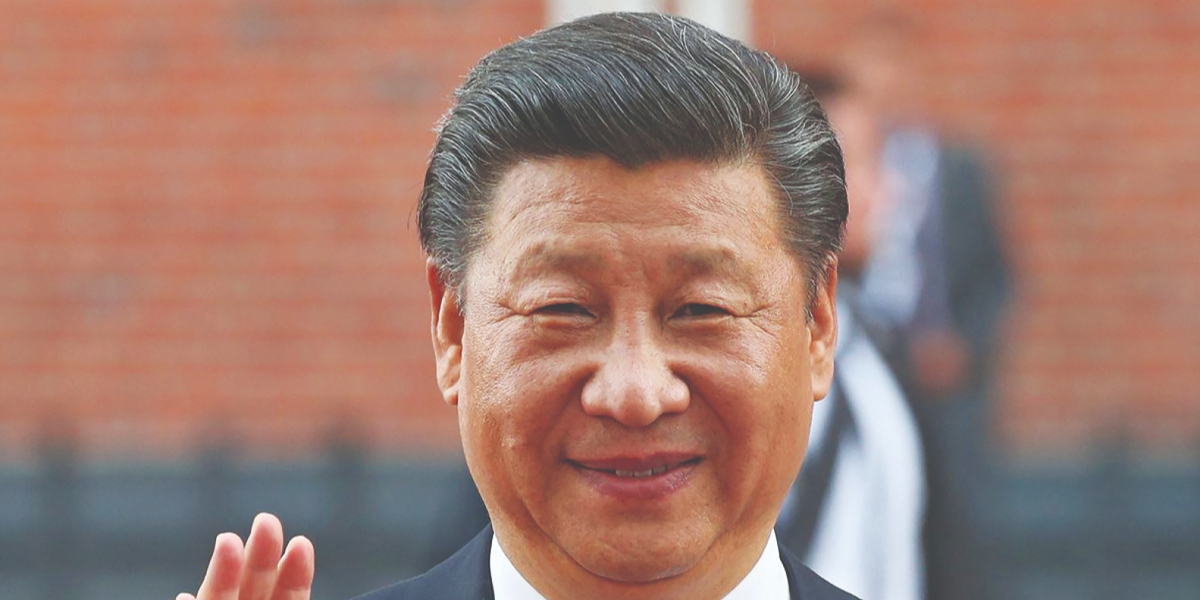President Xi Jinping of China has proposed a “global security initiative” that is backed by Russia and follows the principle of “indivisible security,” which states that no country should increase its security at the expense of another.
Mr. Xi said the world should respect the sovereignty and territorial integrity of all countries while paying attention to their “legitimate” security concerns during a video speech to the annual Boao Asia Forum on Thursday.
“We must preserve the idea of security indivisibility,” he said, adding that “we must develop a balanced, effective, and durable security architecture and reject the construction of national security based on insecurity in other nations.”
In discussions with Ukraine, Russia has insisted that Western governments adhere to a 1999 accord based on the Helsinki Final Act.
China has hesitated to denounce Russia’s invasion of Ukraine, despite the fact that the two countries have become increasingly close.
[embedpost slug=” xi-jinping-defends-chinas-zero-covid-policy-in-the-face-of-an-increase-of-cases-in-shanghai/”]
Instead, China has blamed NATO’s eastward expansion for the Ukraine crisis.
Analysts point out that this was the first time China has advocated for “indivisible security” outside of the Russia-Ukraine issue, which has ramifications for Asia and the Pacific.
By conjuring the concept of “indivisible security,” which originated in Europe, said Wang Jiangyu, a law professor at the City University of Hong Kong, China could try to make its actions in defence of its vital interests appear more legitimate to other countries.
This week, China and the Solomon Islands inked a security agreement that alarmed both Australia and the United States.
There are fears that China will build a military facility in the small country, with Defence Minister Peter Dutton saying that China will not waste time growing its presence in the region.
Fears that Beijing will invade Taiwan, which it claims as its own, have heightened tensions.
“If China believes the US and its allies are disregarding its security concerns on Taiwan or in the South China Sea, it may invoke the concept of ‘indivisible security’ to claim the moral high ground in retaliation,” said Li Mingjiang, an associate professor at Singapore’s S Rajaratnam School of International Studies.
Mr. Xi also repeated China’s opposition to unilateral sanctions and “long-arm jurisdiction,” without naming the West’s retaliatory measures against Russia for its annexation of Ukraine.
China has criticised Western sanctions, including those against Russia, on numerous occasions, but it has also avoided assisting Moscow in any way that may lead to penalties being placed on Beijing.
Mr. Xi stated that while efforts to stabilise global supply chains are essential, China’s economy is resilient and its long-term trend has not changed.




















